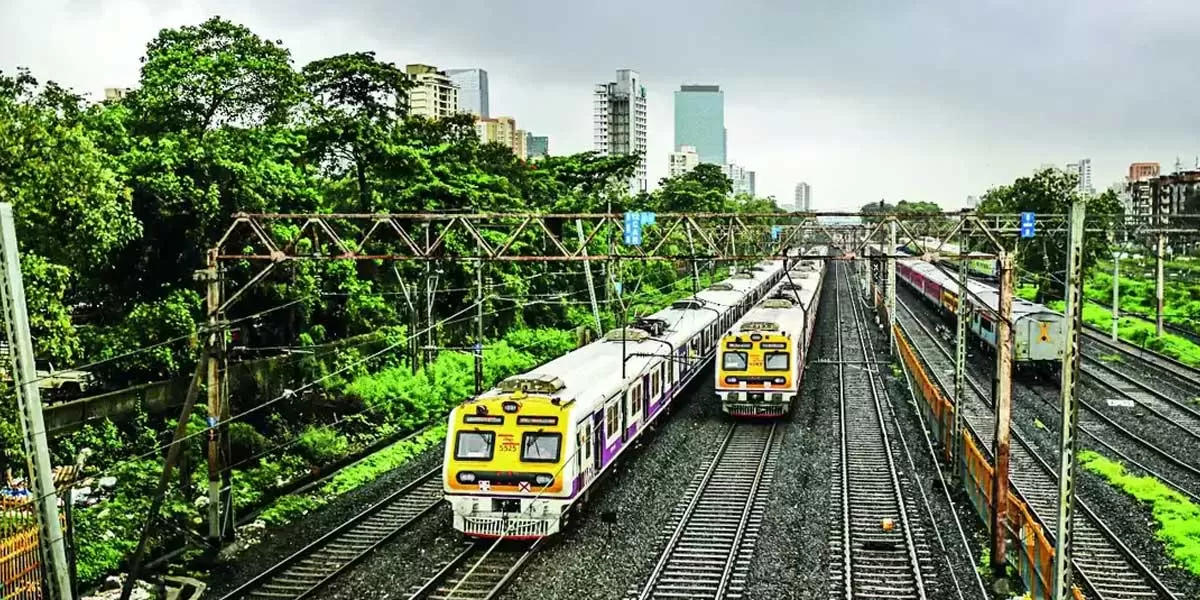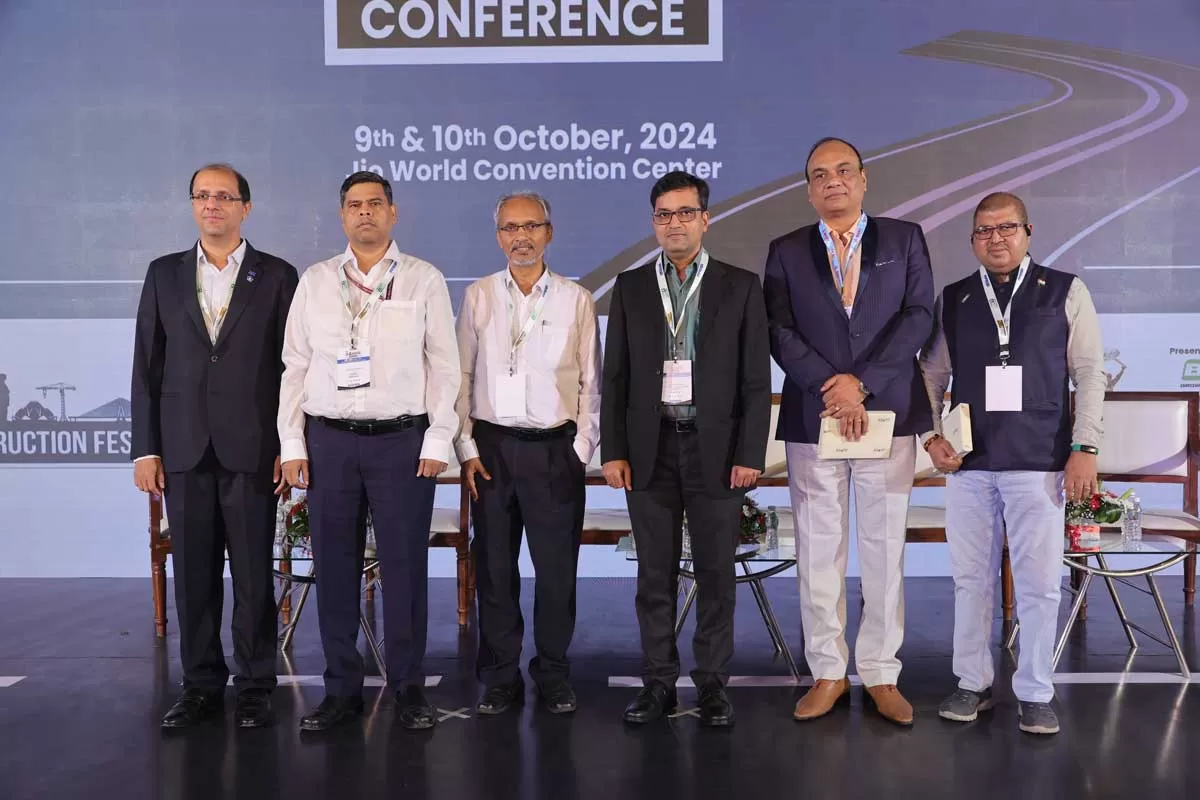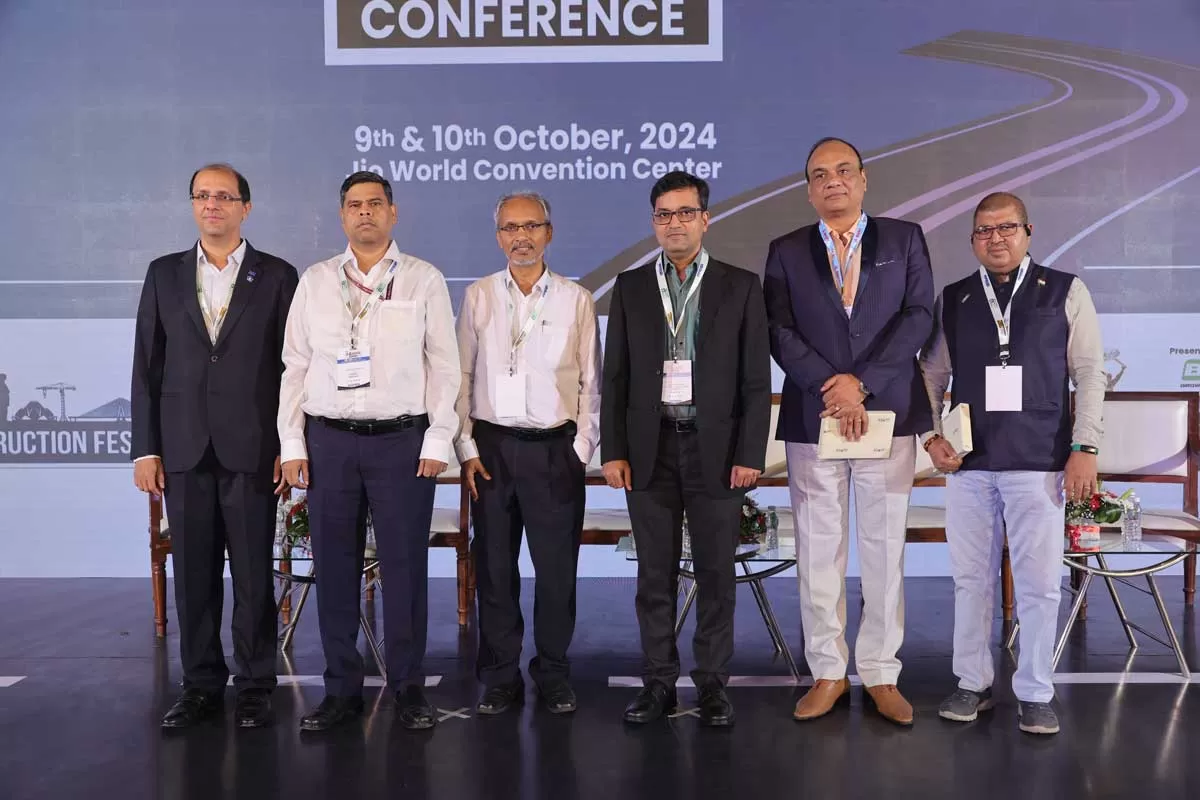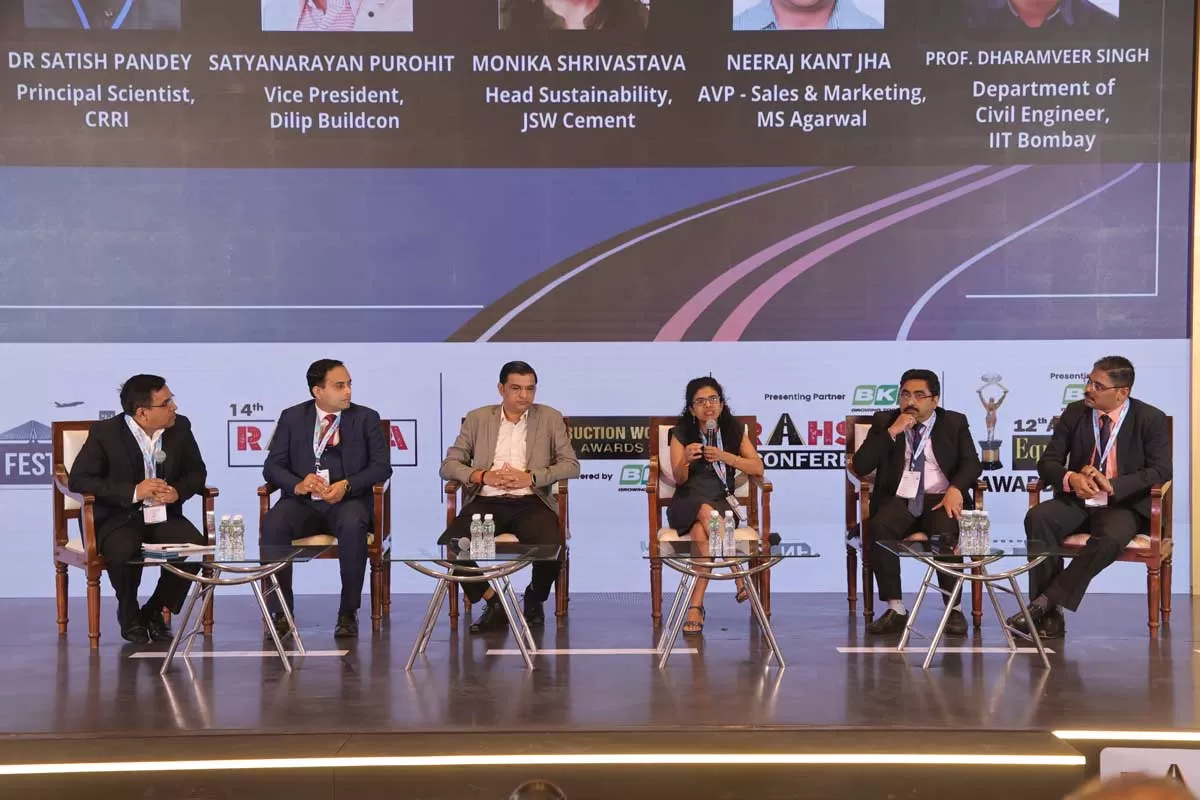
Western Railway to revamp 57 stations in Gujarat, 124 overall.

Infrastructure Development
PPPs accelerate road growth“Over the past decade, India’s road sector has experienced a significant transformation, fuelled by strong government backing and a surge in private-sector investment,” according to Anshumali Srivastava, Chief General Manager – Tech, NHAI. Speaking about evolution of the sector since 2014, Srivastava highlighted how the shift from solely budgetary support to PPP models has been a gamechanger. Despite increased government spending, he said the sector still has an appetite for further investment, with private players stepping in to fill the gap.The reason ..

Bidding Models
The evolution of road infrastructure models has become a focal point in discussions surrounding sustainable development and investment in India. Recent dialogues have highlighted the transformative shift from traditional EPC contracts to more dynamic frameworks such as BOT and HAM, underscoring the crucial role of the National Highways Authority of India (NHAI) in fostering PPPs that are vital for the country’s infrastructure growth. At this point in time, the Ministry of Road Transport & Highways (MoRTH) and NHAI had missed their national highway construction targets in six of the past ..

Material Sustainability in Roads
As the demand for eco-friendly infrastructure grows, the road construction industry is adopting innovative methods to reduce emissions and embodied carbon in materials, addressing the global push towards sustainable development and setting a path for a more resource-efficient future in infrastructure.Embodied and operational carbon in the cement sector“While operational carbon – emissions during usage – gets much attention, embodied carbon, which accounts for emissions during construction, represents a significant portion, especially in highways where 50-60 per cent of carbon is embodied..













